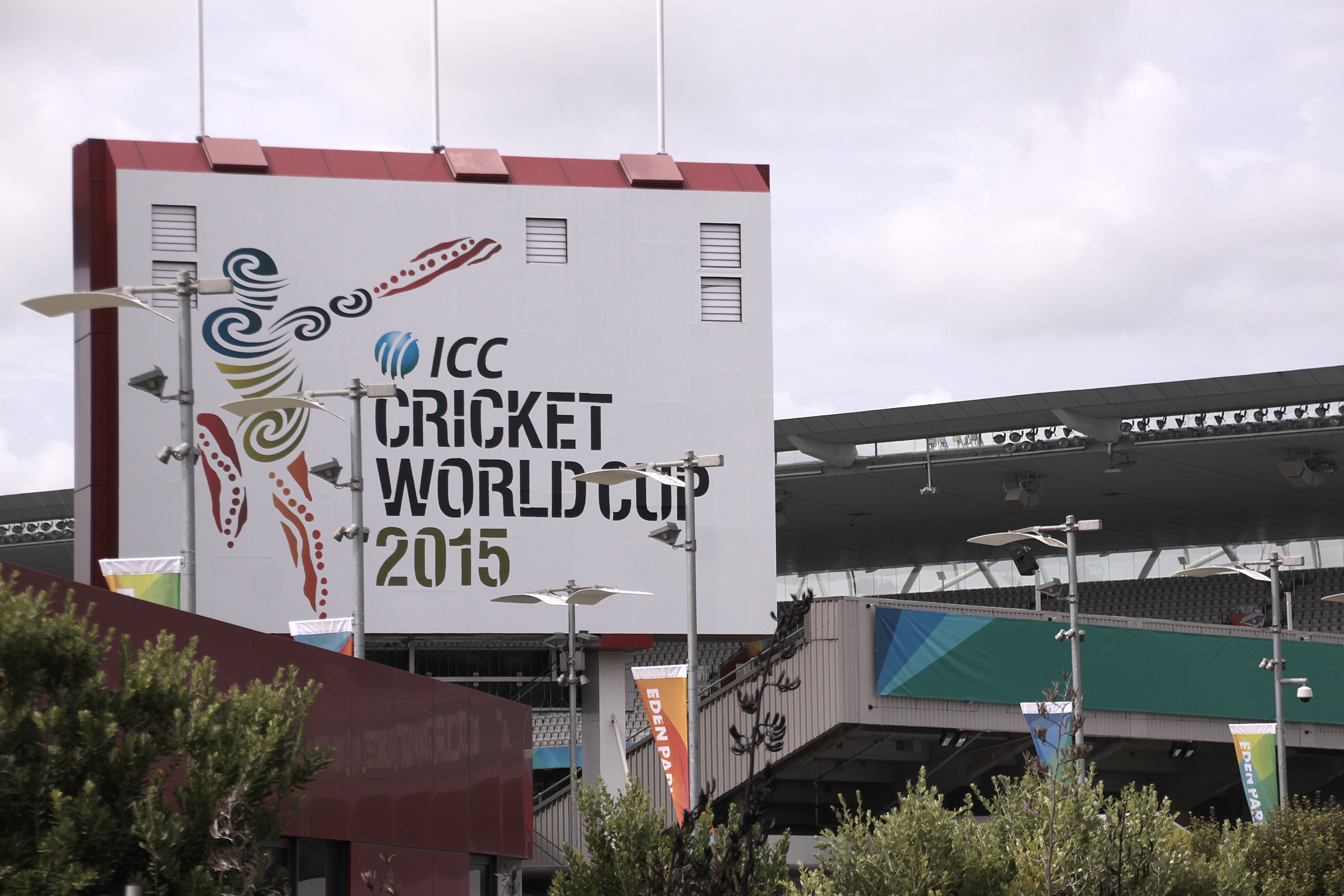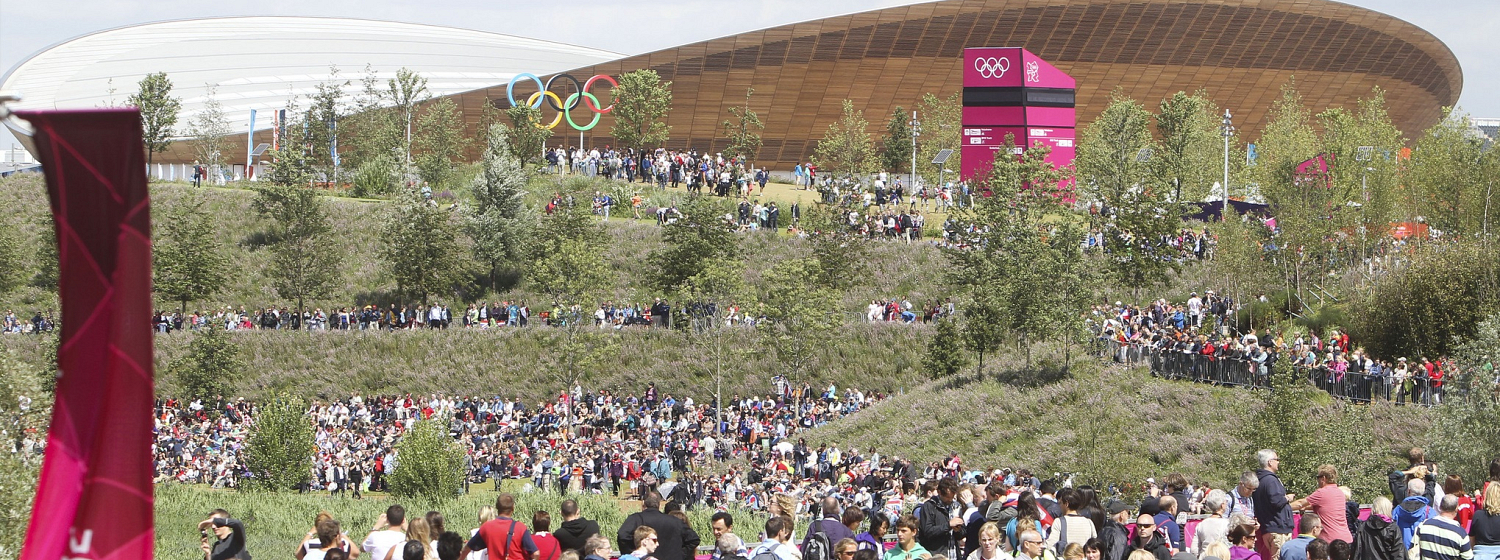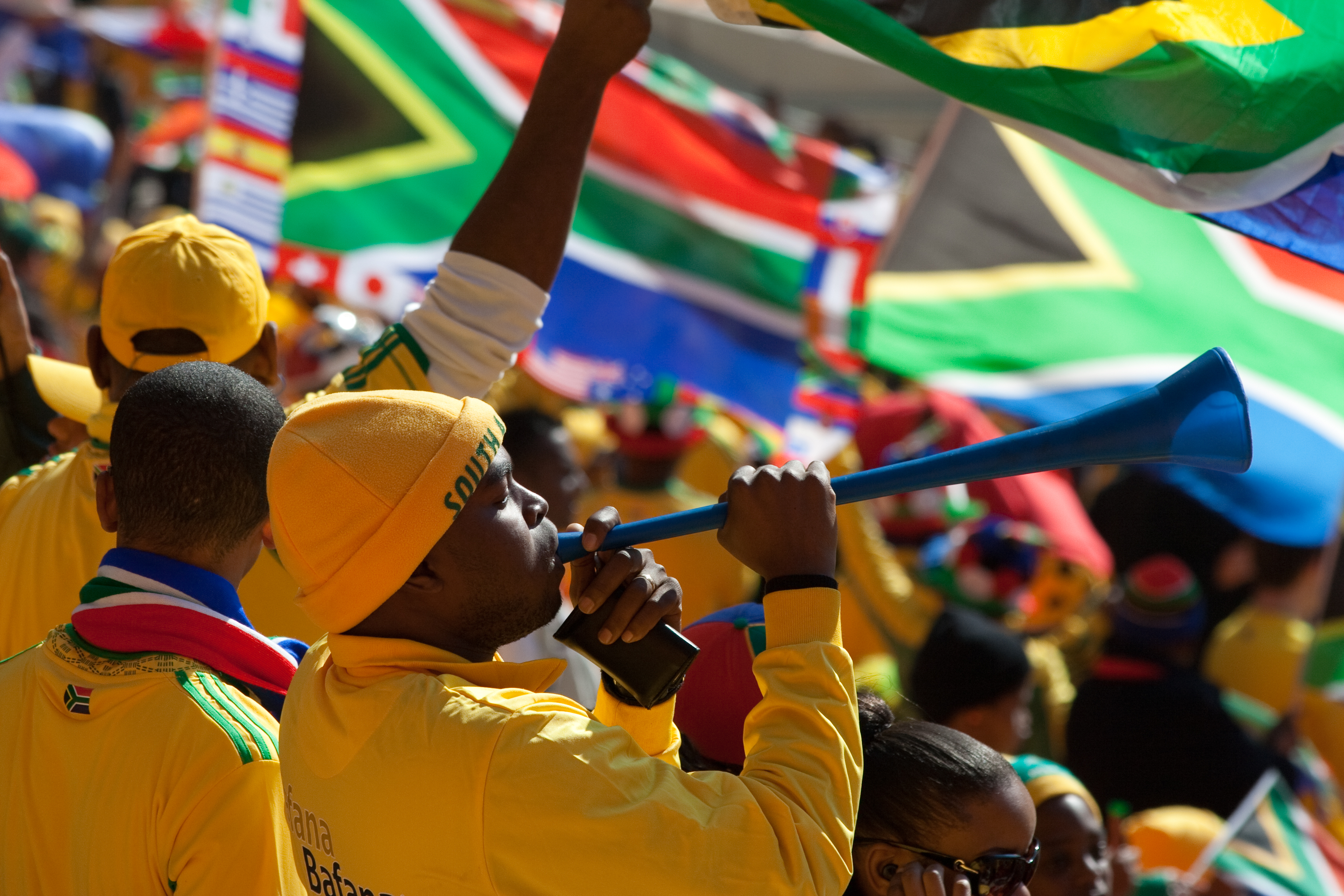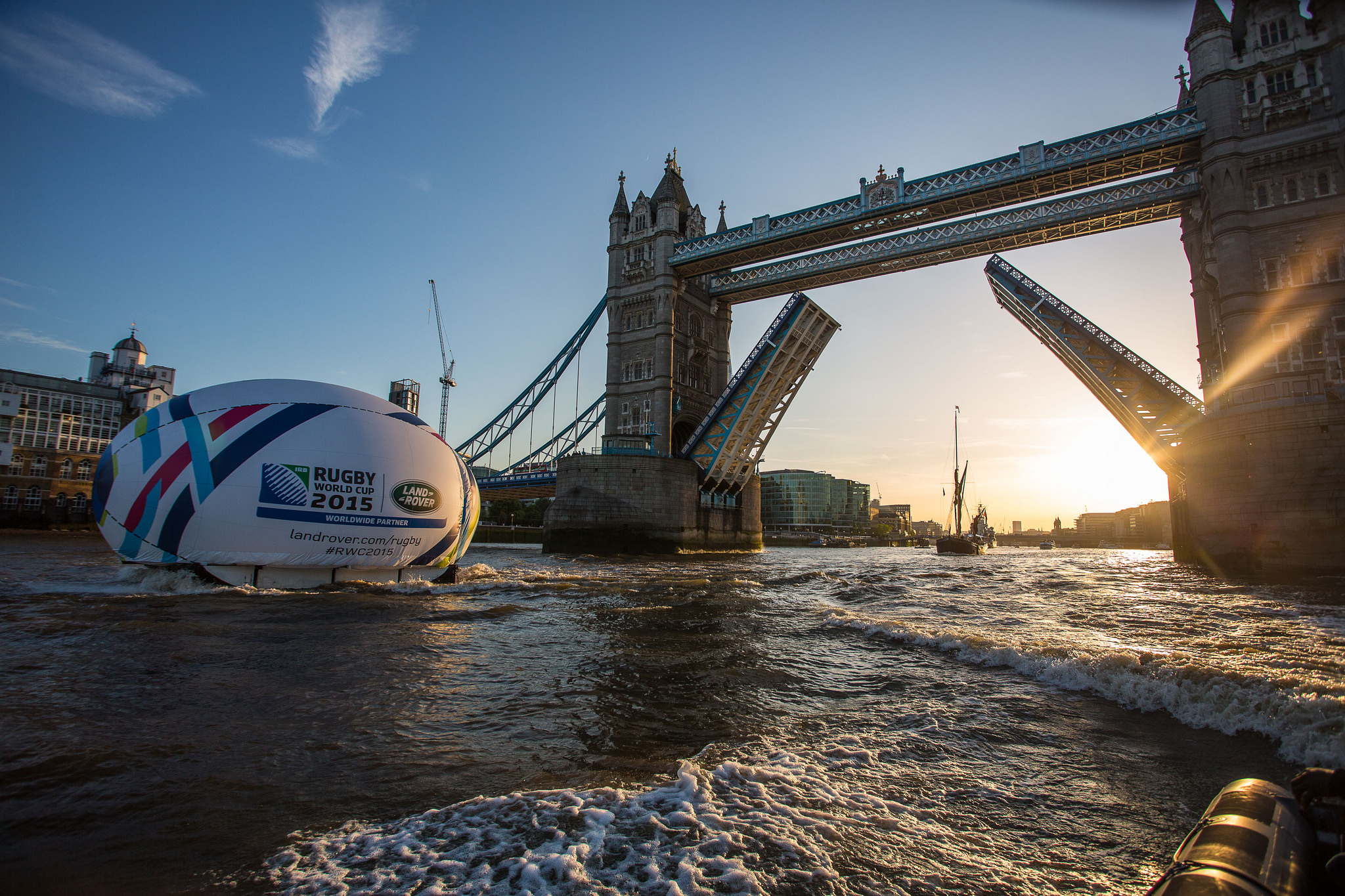Meet tourism’s best friend: Hosting a sporting event
Every city or country will have its own reasons as to why they aggressively bid to host sporting events, but financial benefits are likely to be on top of the list. The economic impact these types of events have can be huge, not to mention a location's global profile being raised and a boost to trade and investment.
The ‘Host City Curse’ is an expression you may have heard before. Cities like Grenoble, Montreal, Athens and Sydney have all suffered post-Olympic blues, where taxes were increased to cover deficits and unanticipated hosting costs contributed to decades’ worth of debt.
Hosting a sporting event is a massive undertaking, and when London won the bid for the 2012 Olympics, many believed that the city would suffer the same fate as some of its predecessors. However, according to a Government report, the UK economy saw a £9.9bn boost in trade and investment from hosting the event. Notwithstanding the fact that estimates put the cost of hosting the Games at £8.9bn.
With the UK still shaking off their Rugby blues, and the economic forecasts for the event looking positive, we look at three locations that have hosted sporting events and the effects it has had on them.
Summertime in Australia

The addition of two major international events to the Australian calendar in 2014-15 was a big win; not only for sports lovers but for the economy too. The country enjoyed a remarkable amount of sport worth an estimated £172m to the economy, largely due to the AFC Asian Cup in 2014, and the International Cricket Council World Cup in 2015. Australia may not be a country in dire need of an economic remedy, but there isn't a director of tourism out there that would say no to half a million spectators- tens of thousands of them coming from overseas, and millions of dollars injected into the visitor economy, just from the Asian Cup alone. Tourism Australia estimated that the event was set to deliver a boost to the economy of $1 million a day over three weeks.
Australia, who hosted the AFC for the first time since its inception in 1956, also won for the first time.
An Ultimate Makeover for South Africa
The economic landscape in South Africa went through significant changes after hosting the 2010 FIFA World Cup. New roads, transport links and telecommunications infrastructure, facilitated commercial life for the country’s citizens. And investment in stadiums created 6,000 new construction jobs. Finance Minister, Pravin Gordhan reported that the social and economic benefits created by hosting the World Cup would continue to benefit South Africa long after the final whistle has blown.
And the benefits weren't only economic; the tournament also demonstrated South Africa’s capability to host major events. Five years after the World Cup, South Africa won the bid to host the 2022 Commonwealth Games.
Making Economic Giants in the UK
Pre-reports of the Rugby World Cup 2015 suggested that the event would attract more international visitors than any previous tournaments, with close to half a million people expected across the duration of the six-week event. Ticket purchases, travel costs, accommodation and match day entertainment costs will all add up, with guests expected to contribute almost £900 million in direct expenditure. Host cities like Cardiff, Milton Keynes and Birmingham will see lasting benefits, as investment in infrastructure is likely to reach £85 million. In total, Rugby World Cup 2015 is expected to deliver up to £2.2 billion in output to the host economy, and the eleven host cities will be exposed to a global market, attracting future business investment and tourism.
It's been almost a month since the end of the Rugby World Cup, but already host cities like Newcastle have reported that the event has been a huge financial success. And even with England’s premature exit and the discouraging research that followed, the RWC 2015 has still proved to be hugely positive for trade and business.
Follow us on LinkedIn as the Clipper Race arrives in Australia, one of the rugby capitals of the world.


